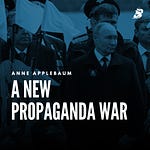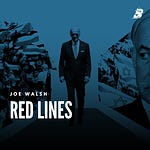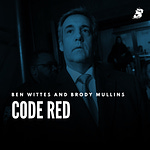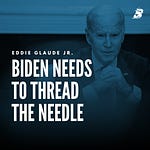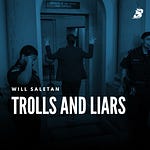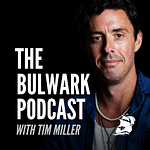A one-time Peace Corps volunteer, Chris Miller was posted to Ukraine, fell in love with it, and decided to stay. Now, he's one of the best Ukraine correspondents. Miller joins Charlie Sykes to discuss Zelensky, the state of the war, and Ukraine's existential fight.
show notes:







